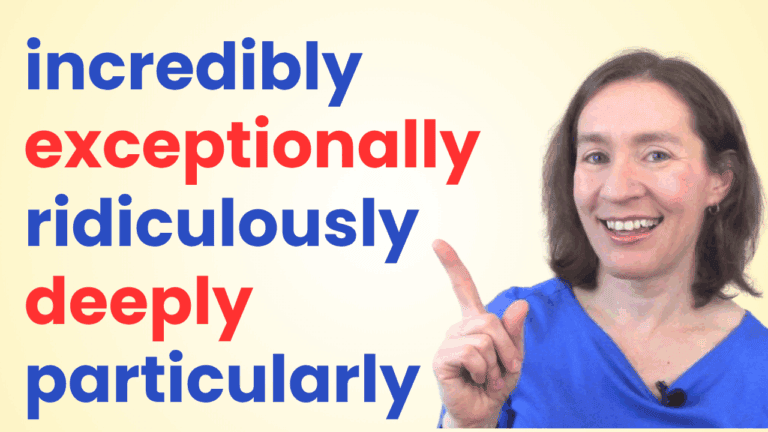
Here are sentences with common mistakes – and the correct way to say them.
Special cases: When NOT to use “to” after “go”
With most places, we use “go to”:
- I’m going to the party
- Let’s go to New York.
- He went to work.
…but there are exceptions! Don’t use “to” after “go” with these words:
- I’m going home.
- Let’s go downtown.
- He went there.
- I want to go somewhere nice.
- I’m going abroad next semester.
- Let’s go upstairs/downstairs.
- He went inside/outside/out.
Never use “to” after “arrive”
Don’t say: We arrived to the airport.
Don’t say: When will you arrive to Rome?
The correct sentences are:
- We arrived at the airport.
- We got to the airport. (more informal)
- When will you arrive in Rome?
“Get to” is an informal way to say “arrive”… but don’t use “to” with the previous exceptions:
- I got home at midnight.
- What time did you get there?
- The dog got outside again.
Never use “to” after should, could, would, must, can, will
- You should
toread more books. - I must
totake this medicine. - She can
tobuy a car. - We will
tocall you soon.
Always use the base form of the verb after could, should, would, must, can, or will.
Use “to” after need / able:
- I must take this medicine.
= I need to take this medicine. - She can buy a car.
= She is able to buy a car.
Never use “to” after prevent / stop
Don’t say: The locked door prevents/stops people to enter.
Say: The locked door prevents/stops people from entering.
After prevent and stop, the correct structure is to have a person/object + from + -ING form of the verb.
Never use “to” after let
- The boss lets us leave work early.
(most informal/common) - = The boss allows us to leave work early.
- = The boss permits us to leave work early.
These sentences all mean the same thing, but “lets us leave” is the most informal and common. We use “to” with “permit” and “allow,” but we always use the base form of the verb after “let.”
Always use “to” after listen, but not hear or see
Don’t say: I like to listen music.
Say: I like to listen to music.
However, never use “to” after “hear” or “see.” Just use the base form.
- I heard you
tocall my name. - I saw him
totake the money.










